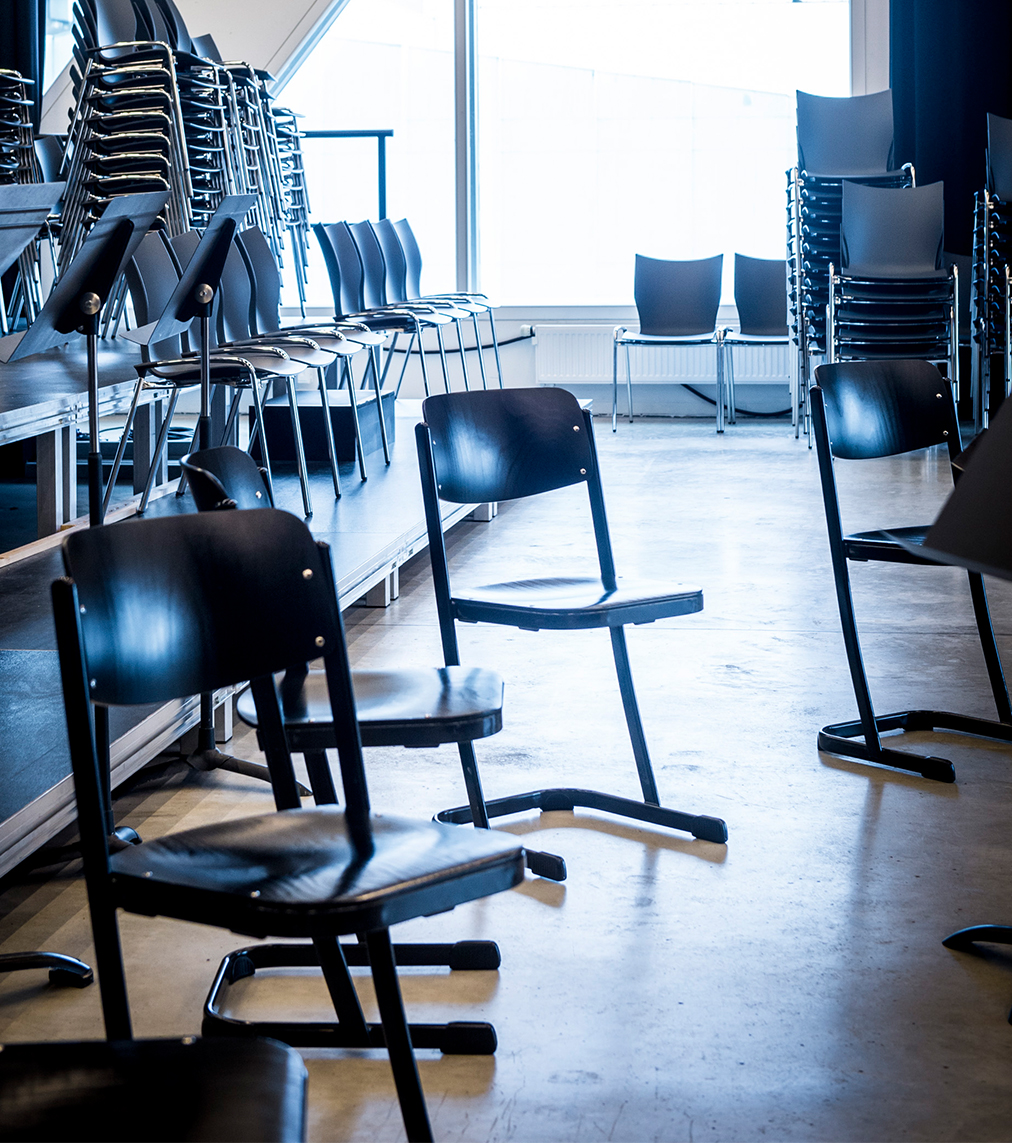When Wagner's Der fliegende Holländer was brought to the scene of the Nederlands Lyrisch Tooneel (1893-1907) in a Dutch version by Jos van de Vijver, this marked the beginning of a strong Wagner tradition for the Flemish Opera in Antwerp. In the two decades that follow, Wagneroperas evolved into a permanent part of the repertoire of the Flemish Opera. This period, which determines the Flemish Wagner reception and tradition, forms the subject of this research project.
What was the response of conductors Edward Keurvels and Oscar Becker, translators Jos Van de Vijver and Leo Van Riel, singers Ernest Van Dyck and Emiel Blauwaert, and set designers Jeroom Mees and Frans Proost on Wagner's quest 'for a new, ideal aesthetic complete system' ( De Feyter 1996: 507). How did they view Wagner from an artistic point of view? Did they create an Antwerp version of Wagner's operas? Did they have a uniform vision of Wagner or were there artistic conflicts? Were the operas used in local artistic-aesthetic, linguistic or political discussions? Do any discussions have repercussions in artistic decisions? How did the critics react, and what new vocabulary did they have to develop to describe the Antwerp performances of Wagneroperas?
The answers to those questions tell a lot about the Antwerp music (theater) life around 1900, and shine lights on an important period in the creation of the Flemish Opera.
Researchers: Christine Dysers, Adelheid Ceulemans, Jan Dewilde, Luc Anthonis






